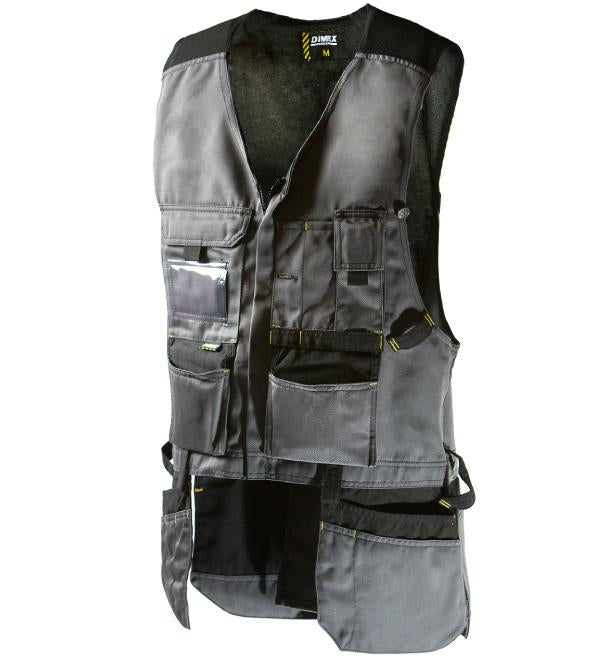We have been present in Estonia since 1992. We have a subsidiary in Rapla: As Katimex. We also have partners in Eastern Estonia. We have gained experience from Estonians and also from Russians in Estonia, and they have gained experience from us.
We are brother nations with Estonians and it shows. We have a lot in common. We lived in “slightly different worlds” for 50 years at times and of course this still affects both peoples. Since Estonia gained independence in 1991, we have been getting to know each other again. We are already starting to learn from each other and from each other. In a recession, will we perhaps find each other even better? Will the importance of cooperation increase? Do we need each other more?
In Eastern Estonia we have very good partners today. We have good relations with the people there. They are mainly Russians in Estonia. It has been more straightforward to work with them than with Russians in Russia.
In Estonia, wages and costs rose very sharply throughout the 2000s. At the same time, however, productivity did not grow at the same pace. The climax was the parliamentary elections in Estonia in the autumn of 2007. One topic of discussion was: how quickly Estonia will overtake Finland in terms of wages. We talked about a few years. Estonians had forgotten what Kekkonen mentioned: we must be patient with our prosperity. On the other hand, we have also forgotten it from time to time, quite often actually. It is of course true that Estonians can overtake us in terms of living standards. It rarely happens in a few years. Not this time either.
In the summer of 2007, I was asked for the first time in Estonia: What exactly does a recession mean? There was already such an atmosphere there that things could get worse at times. I replied that income and expenses had to be adjusted and more sales work had to be done. At that time, I really had no idea what we had to adapt to and how much more sales work was needed.
We have had to change our operating methods significantly in the subsidiary. We have significantly reduced the number of white-collar employees. People's operations at Katimex have become significantly more streamlined. Productivity has increased significantly. I believe that if operations become more efficient, that company has a future. I feel much more confident than when we started streamlining operations there in the fall of 2006. At that time, our subsidiary was in poor condition. Now it breathes with clean lungs.
The Estonian economy and Estonians had a long upward trajectory. The slowdown and adjustment to the declining economy have been steep and difficult. More difficult than ours. The market economy has shown its downsides. The social support network is weaker than ours, but Estonians are survivors. The people at Katimex in Rapla are setting an example. This inspires me.
Estonians think we are slow in decision-making. Swedes think we are fast. I have always wondered how decision-making happens between Estonians and Swedes? At least the Swedish banks gave loans to the Estonians quickly. So the negotiations were successful.
I firmly believe in Estonia and Estonians. And I also believe in Finland and Finns. Estonia can also be an operating environment for the clothing industry for a long time. It is important to increase trust between Estonians and Finns. I want to do that in the future.
In a few weeks, we will take our thinking to a new level.
Jukka Krogerus
PS. Thanks for the feedback. I hope to receive more feedback: jukka.krogerus@dimex.fi
